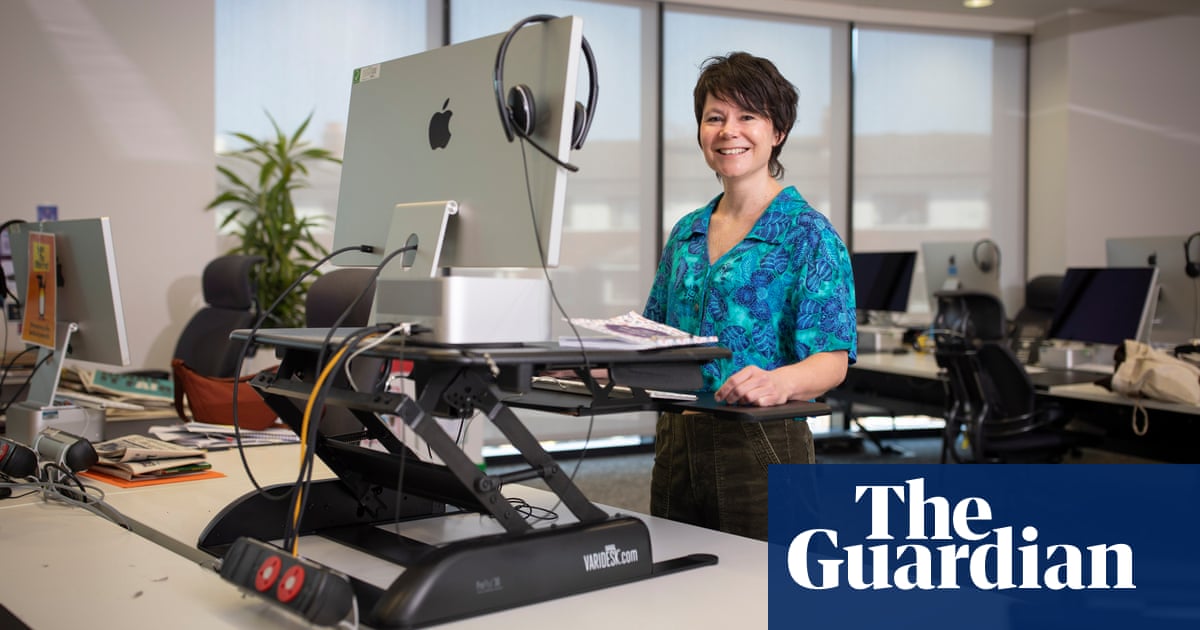For cycle-to-work vacationers and people who start the day with a vigorous stroll, the benefits of banking some very early exercise is effectively acknowledged.
Now researchers assume job shouldn’t be merely a superb idea for enhancing the day prematurely– train is likely to be associated to tiny rise in reminiscence rankings the next, as effectively.
A analysis research from University College London has really revealed that half an hour of modest to energetic job and resting for on the very least 6 hours throughout the night time, may add to boosted cognitive effectivity the complying with day.
“The takeaway is just [that] physical activity is good for your brain and good sleep helps that,” acknowledged Dr Mikaela Bloomberg, preliminary author of the analysis.
The scientists saved in thoughts train had really previously been associated to each non permanent enhancements in cognitive function and a minimized menace of psychological deterioration.
However, Bloomberg saved in thoughts a number of analysis research contemplating non permanent results had really been laboratory primarily based, and primarily tracked actions on a timescale of minutes to hours. These analysis research advisable benefits is likely to be to an enhanced blood circulation to the thoughts and pleasure of chemical substances known as pure chemical substances.
Now scientists state they’ve really taken a take a look at the non permanent affect of train carried out in the actual world, not simply finding benefits to the thoughts but exposing these present as much as last more than anticipated.
Writing within the International Journal of Behavioral Nutrition and Physical Activity, Bloomberg and coworkers report simply how 76 grownups aged 50-83 years of ages, and that didn’t have cognitive issues or psychological deterioration, had been requested to make use of an accelerometer for 8 days to trace their relaxation and train as they carried out their typical life.
Each day, people had been likewise provided simple on-line cognitive examinations to penetrate their curiosity, reminiscence and dealing with price, to call just a few professors.
The group acknowledged their outcomes disclose that every 30-minute rise in modest to energetic train on the day past represented a 2-5% rise in anecdotal and functioning reminiscence rankings the next, though simply the final stayed when people’ relaxation info was considered.
While Bloomberg famous it’s exhausting to state whether or not this represents a concrete– scientific– distinction for people, she acknowledged the next motion is to carry out comparable function in people with cognitive disabilities.
“The idea is for people who have mild cognitive impairment, a very minor boost in cognitive performance on a day-to-day basis can make a huge difference,” she acknowledged.
after e-newsletter promo
The group likewise positioned every 30-minute rise in much less energetic practices was associated to a tiny lower in functioning reminiscence rankings the next day– though Bloomberg acknowledged particularly simply how much less energetic time is invested is likely to be essential– whereas people who rested on the very least 6 hours a night had better rankings for anecdotal reminiscence, curiosity and bodily motion pace up the next day, after occupied with levels of train, than people who had a lot much less relaxation.
However, the analysis has constraints, consisting of that the people had excessive levels of schooling and studying, excellent well being and wellness and excessive levels of day-to-day train.
Bloomberg included it’s unclear particularly what’s driving the affect of exercise on reminiscence the complying with day, with benefit from pure chemical substances simply believed to final for a few hours. She likewise saved in thoughts varied gadgets may lag long-lasting benefits of exercise to the thoughts.
The analysis connections proper right into a think about securing our minds as we age. “We all experience cognitive decline as we get older, it’s a normal part of ageing,” Bloomberg acknowledged. “So that’s the age group where we start to think: what are these little things we can do on a day-to-day basis to improve our cognitive function and our independence and social participation?”



